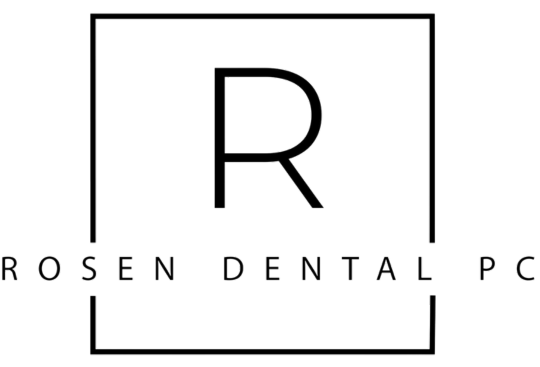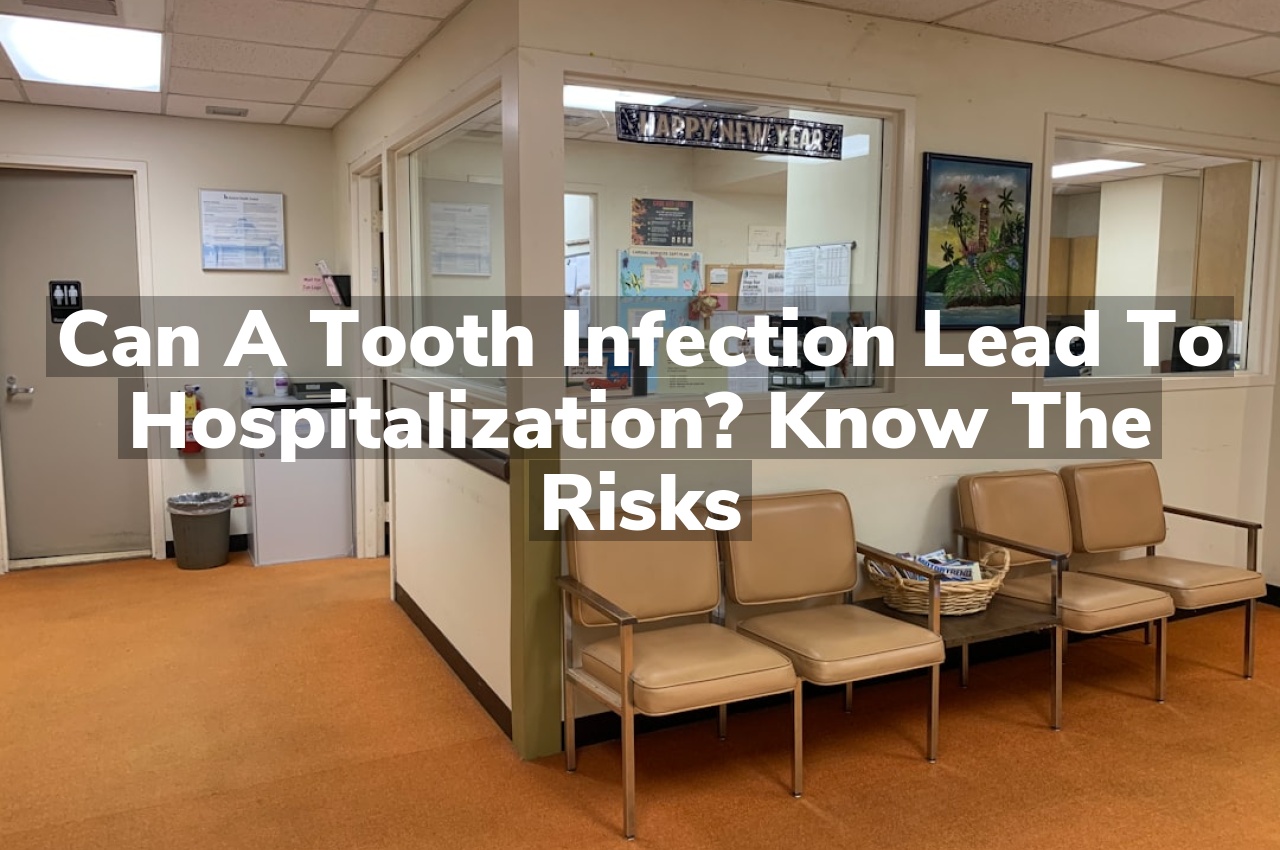Is tooth decay a dental emergency, especially when it leads to a tooth infection? While not all cases of tooth decay require immediate care, a tooth infection can escalate, potentially affecting overall health. It’s important to monitor the situation and consult with a professional for appropriate evaluation.
Identifying a Tooth Infection Dental Emergency
Identifying a tooth infection dental emergency is crucial for timely and effective treatment. Symptoms of a severe infection include intense pain, swelling in the face or jaw, fever, and a bad taste in the mouth. If you experience difficulty breathing or swallowing, it is essential to seek immediate medical attention. An untreated tooth infection can spread, leading to more serious health issues and potentially requiring hospitalization. Always consult with your dentist at the first sign of infection to prevent complications and ensure your oral health remains in optimal condition.
Understanding the gravity of dental health issues is essential. For instance, complications from a tooth infection can indeed lead to hospitalization if the infection spreads to other areas of the body. If you’re wondering about other dental issues that require urgent care, consider reading Is Tooth Decay a Dental Emergency? When to Seek Immediate Care. This resource can provide further insights into the seriousness of dental health problems and the importance of timely intervention.
Symptoms of a Broken Tooth
Identifying the symptoms of a broken tooth is crucial, especially when considering the potential risks associated with a tooth infection. Common signs include pain when chewing or biting, sensitivity to hot or cold temperatures, and sometimes visible cracks or chips in the tooth. Additionally, swelling around the tooth and discomfort that comes and goes can also indicate a fracture. These symptoms can vary in intensity depending on the extent of the break.
While a broken tooth is a significant concern by itself, it can also lead to more severe complications if not acknowledged properly. A fracture can expose the tooth’s inner layers, making it more susceptible to tooth infections, which, if left unchecked, might escalate into more serious health issues requiring professional intervention. For immediate concerns regarding dental emergencies, consider exploring Somers Emergency Dentistry Solutions.
Immediate Steps After Tooth Breakage
When a tooth breaks, it can sometimes lead to a tooth infection if not addressed properly. It is important to be aware of how such situations can escalate, potentially increasing the risk of more serious health issues, including hospitalization. Understanding the connection between a broken tooth and the possibility of developing an infection can help in recognizing the seriousness of dental health.
When to Visit the Dentist
Understanding when to visit the dentist is crucial, especially when dealing with a potential tooth infection. Recognizing the signs that may indicate a serious condition can help in managing your oral health effectively. If you notice persistent pain, swelling, or discomfort in your mouth, these could be indicators that it’s time to consult a professional. It’s important to monitor such symptoms as they could escalate and potentially lead to more severe health issues, including hospitalization.
For those in the Somers area seeking professional dental care, consider visiting Rosen Dental PC.
Treatment Options for Broken Teeth
When dealing with broken teeth, various approaches are considered based on the severity and location of the break. The extent of the damage typically dictates the appropriate course of action, which can range from minor cosmetic procedures to more involved dental interventions. It’s important to address broken teeth promptly to mitigate further complications, such as infection, which in severe cases, could lead to hospitalization. Understanding the general landscape of available treatments can help individuals realize the importance of professional dental assessments following dental injuries.
Complications of Ignoring a Broken Tooth
Ignoring a broken tooth can lead to severe complications, including a serious tooth infection that might necessitate hospitalization. When a tooth is damaged, it becomes more susceptible to infection as bacteria can easily invade the innermost parts, potentially reaching the bloodstream. This can result in conditions such as abscesses, which are painful and can cause swelling and fever. If left untreated, the infection can spread to other parts of the body, leading to life-threatening conditions like sepsis. Therefore, it is crucial to seek dental care immediately after a tooth is broken to prevent such dire consequences.
How Dentists Repair Broken Teeth
When addressing broken teeth, dentists employ various techniques to restore functionality and aesthetics, significantly reducing the risk of complications such as tooth infections. The repair process often starts with a thorough assessment to determine the extent of the damage. For minor fractures, a dental filling or bonding using a tooth-colored composite resin may be sufficient. More severe breaks might require a dental crown to cover and protect the tooth from further damage. In cases where the break has reached the pulp, a root canal treatment is typically necessary to remove infected material and seal the tooth. Each of these methods is crucial in preventing a tooth infection from spreading and potentially leading to hospitalization.
Prevention Tips for Tooth Breakage
To mitigate the risk of tooth breakage and prevent potential tooth infections, it’s crucial to maintain robust dental hygiene. Regular brushing and flossing can significantly reduce the chances of decay and weakening of teeth that often lead to breakage. Additionally, using a mouthguard during sports can protect your teeth from trauma. Avoid chewing on hard objects like ice or hard candy, which can cause cracks or chips in your teeth. Regular dental check-ups are essential as they allow early detection and treatment of any minor issues before they escalate into serious conditions that could lead to a tooth infection or even hospitalization.
Follow-Up Care for Dental Health
Proper follow-up care for dental health is crucial, especially after treating a tooth infection. Ensuring that you adhere to your dentist’s recommendations can prevent the condition from worsening or leading to more severe health issues. Regular check-ups, maintaining good oral hygiene, and completing all prescribed treatments are essential steps in follow-up care. These measures not only help in the healing process after a tooth infection but also safeguard against future infections, potentially saving you from repeated dental procedures or unexpected hospital visits.
Conclusion
Understanding the potential severity of a tooth infection is crucial. If you have concerns, consider discussing them by calling 914-277-8400 or reading reviews on Google Maps.

